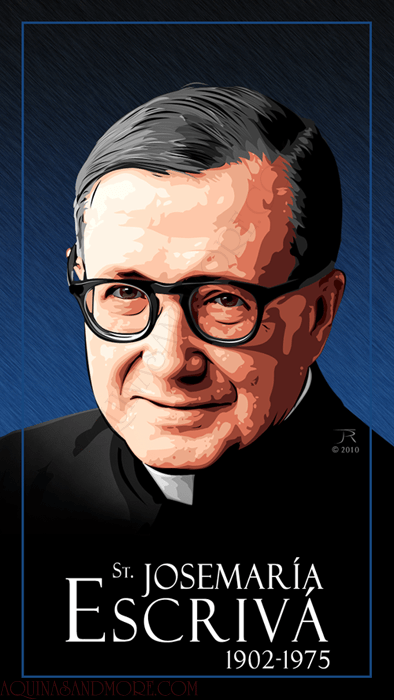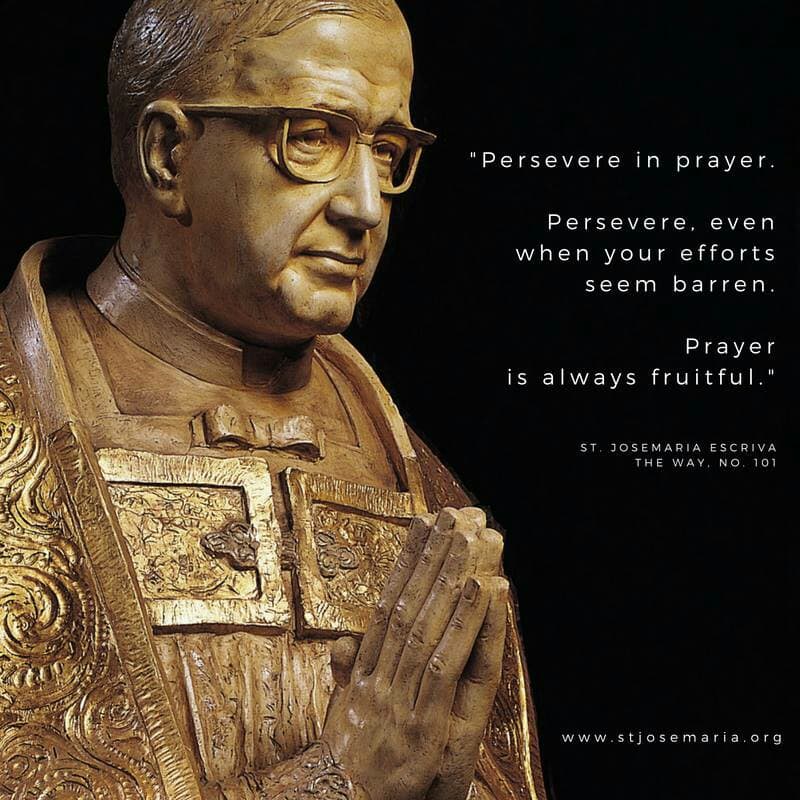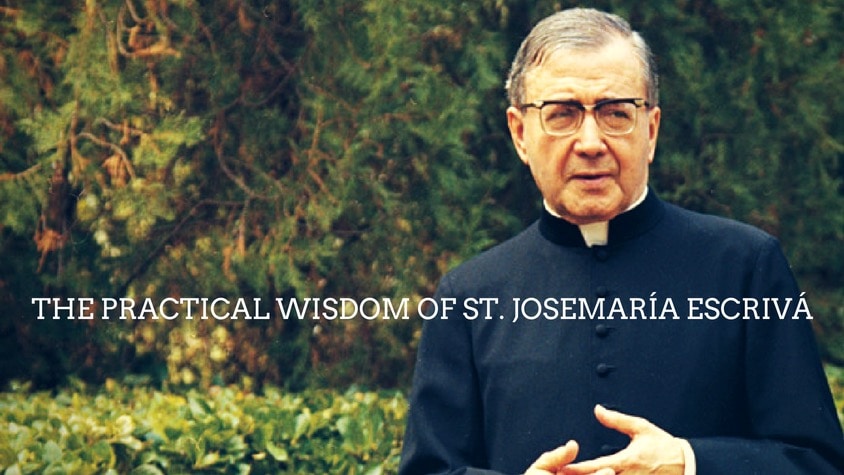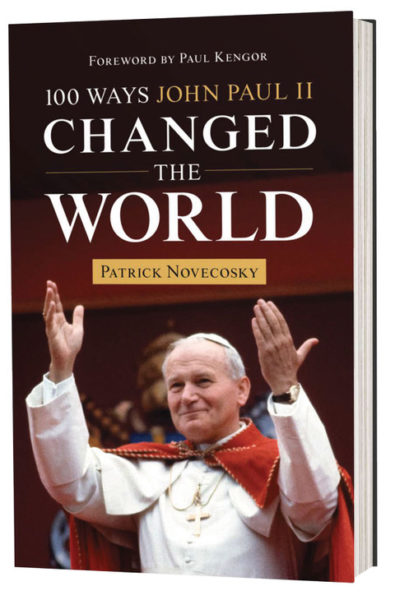by Patrick Novecosky
(JUNE 26, 2018) — Men need tough role models—other men who are bold, fearless and champions of the good. We need these types of mentors because, left to our own devices, we become complacent, lazy and stagnant—whether we’re a young man, middle aged, or nearing the end of our life’s journey.
 The Bible affirms this wisdom: “Iron sharpens iron, and one man sharpens another” (Proverbs 27:17). The great Spanish saint, Josemaría Escrivá, had a knack for practical insights into the human heart—especially those of men and boys.
The Bible affirms this wisdom: “Iron sharpens iron, and one man sharpens another” (Proverbs 27:17). The great Spanish saint, Josemaría Escrivá, had a knack for practical insights into the human heart—especially those of men and boys.
He drew inspiration from his father’s work as a merchant and partner in a textile company. When he was a young 26-year-old priest, he went on a prayerful retreat where he discerned more precisely God’s will for his life. He founded Opus Dei (Work of God), a way by which men and women might learn to sanctify themselves by their secular work.
“You must realize now,” he wrote, “more clearly than ever, that God is calling you to serve Him in and from the ordinary, secular, and civil activities of human life. He waits for us every day, in the laboratory, in the operating theatre, in the army barracks, in the university chair, in the factory, in the workshop, in the fields, in the home and in all the immense panorama of work.”
No matter your station in life—student, teacher, bus driver, scientist or politician—the Lord is calling us to serve Him where we are. Like the old saying goes, “Bloom where you’re planted.” Our call to holiness is the same. We can’t wait to begin a life in holiness until we’re older, richer or wiser because God needs us to shine right now—for ourselves and for those he surrounds us with.
Saint Josemaría Escrivá’s feast day is today. He looked at life and holiness in very simple terms, which make his advice incredibly practical for every man, woman and child.

“Either we learn to find the Lord in the ordinary everyday life or else we shall never find him,” he said, echoing the “bloom where you’re planted” adage.
Escrivá also taught about joy.
“Christian optimism is not a sugary optimism, nor is it a mere human confidence that everything will turn out all right,” he explained. “It is an optimism that sinks its roots into an awareness of our freedom, and the sure knowledge of the power of grace. It is an optimism that leads us to make demands on ourselves, to struggle to respond at every moment to God’s call.”
He rallied everyone around him to become a saint—to be holy, to strive for holiness, to model Christ. He encouraged people to embrace the sacraments and to love the Mass. He believed that sanctity is a decision aided by God’s abundant grace and mercy. Just like love is not so much a feeling, but a choice, so is holiness. It’s available to everyone, and there’s no better time to start living that life than now.
“Don’t wait until you are old to start becoming a saint,” he said. “Begin right now. Cheerfully and joyfully, by fulfilling the duties of your work and of your everyday life.”
I can think of no better way to step into summer than to make a firm decision to become a saint. Choose to pray always, attend Mass as often as you can, go to Confession regularly, and to love passionately and joyfully, and to want heaven for everyone.
PATRICK NOVECOSKY is the president of NovaMedia and editor of this blog. This article appears simultaneously in the blog section of The Troops of Saint George.


